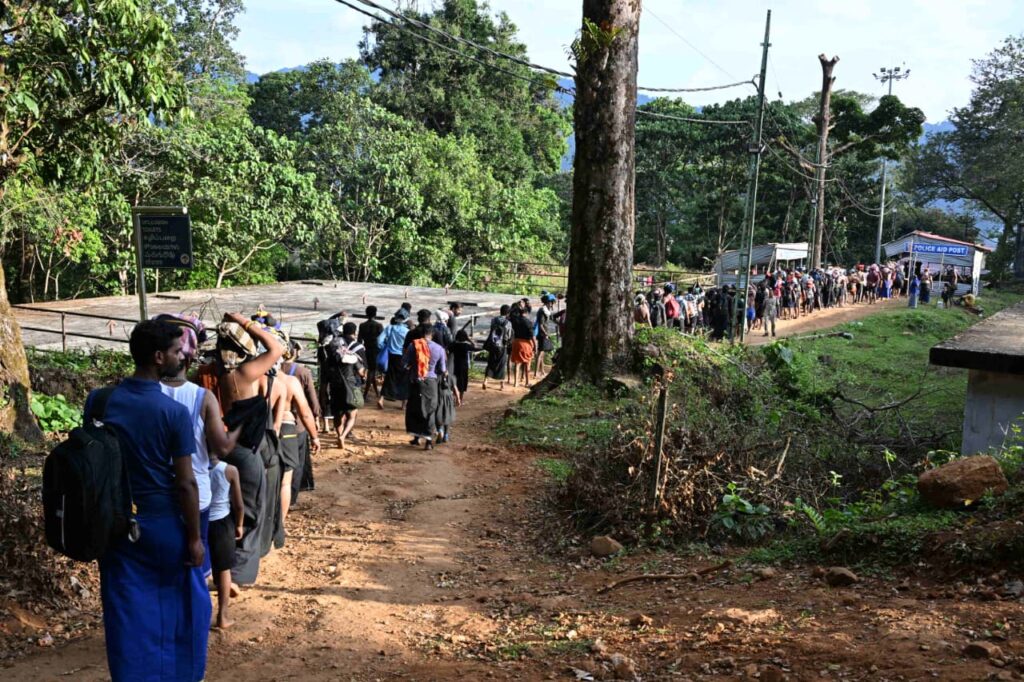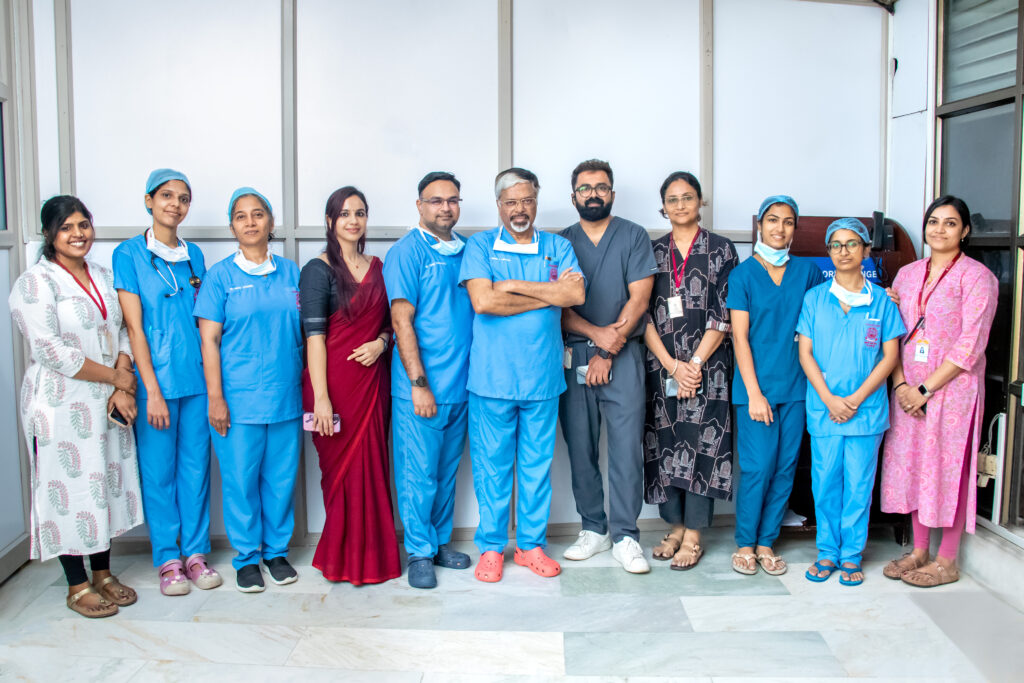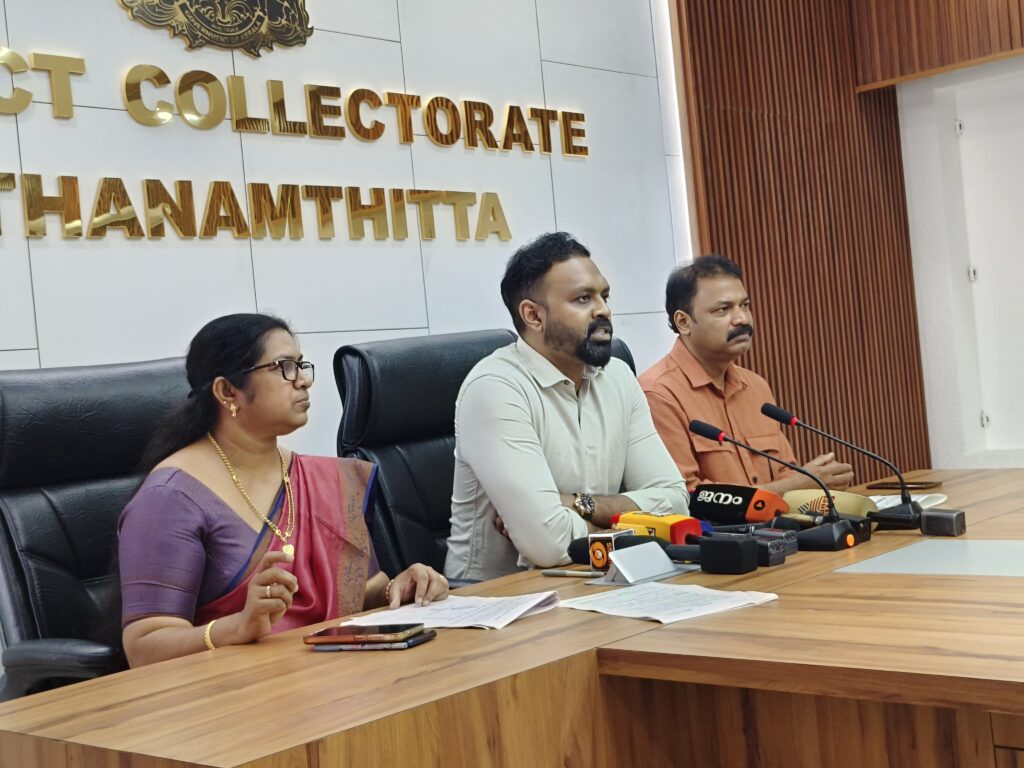
നാഡീവ്യൂഹത്തെ ഗുരുതരമായി ബാധിക്കുന്ന സിക വൈറസ് ആദ്യമായി ഇന്ത്യയിലും സ്ഥിരീകരിച്ചു. അഹമ്മദാബാദില് ഗര്ഭിണിയായ ഒരു യുവതിയടക്കം മൂന്നുപേര്ക്ക് വൈറസ്ബാധ സ്ഥിരീകരിച്ചു.ലോകാരോഗ്യ സംഘടനയാണ് ഇന്ത്യയില് മൂന്ന് പേരില് സിക വൈറസ് ബാധ ഉള്ളതായി സ്ഥിരീകരണം നടത്തിയത്. 2016 ഫെബ്രുവരി 10 ന്റെയും 16 ന്റെയും ഇടയില് നടത്തിയ 93 രക്ത സാമ്പിള് പരിശോധയുടെ ഫലമാണ് 64 കാരന് സിക്ക പോസ്റ്റീവായി കണ്ടത്. 34, 22 വയസ്സുകളുള്ള രണ്ട് ഗര്ഭിണികളിലുമാണ് സിക്ക സ്ഥിരീകരിച്ചിരിക്കുന്നത്.
ഈഡിസ് കൊതുകള് മുഖാന്തിരമാണ് സിക്ക വൈറസുകള് പരക്കുന്നത്. വൈറസ് ബാധിച്ചാല് മങ്ങിയ പനി, തൊലി വിങ്ങല്, ചെങ്കണ്ണ്, മസില് സന്ധി വേദന, തലവേദന, അസ്വസ്ഥത തുടങ്ങിയ ലക്ഷണങ്ങള് ഉണ്ടാകും.കൊതുകു നശീകരണപ്രവൃത്തി വ്യാപകമാക്കുകയെന്നതും സിക വൈറസ് ബാധിച്ച സ്ഥലങ്ങളിലേക്ക് പോകാതിരിക്കുക എന്നിവയാണ് ലോകാരോഖ്യ സംഘടന തന്നെ നല്കുന്ന മുന് കരുതലുകള്
WHO REPORT
the Ministry of Health and Family Welfare-Government of India (MoHFW) reported three laboratory-confirmed cases of Zika virus disease in Baronage area, Ahmadabad District, Gujarat, State, India.
The routine laboratory surveillance detected a laboratory-confirmed case of Zika virus disease through RT-PCR test at B.J. Medical College, Ahmedabad, Gujarat. The etiology of this case has been further confirmed through a positive RT-PCR test and sequencing at the national reference laboratory, National Institute of Virology (NIV), Pune on 4 January 2017 (case 2, below). Two additional cases (case 1 and case 3), have then been identified through the Acute Febrile Illness (AFI) and the Antenatal clinic (ANC) surveillance. The cases are reported below in chronological order:
Case 1: During the Acute Febrile Illness (AFI) surveillance between 10 to 16 February 2016, a total of 93 blood samples were collected at BJ Medical College (BJMC), Ahmedabad, Gujarat State. One sample from a 64-year-old male presenting with febrile illness of 8 days’ duration (negative for dengue infection) was found to be positive for Zika virus at BJMC, Ahmedabad. This is the first Zika positive case reported through AFI surveillance at BJMC, Ahmedabad, Gujarat State.
Case 2: A 34-year-old female, delivered a clinically well baby at BJMC in Ahmedabad on 9 November 2016. During her hospital stay, she developed a low grade fever after delivery. No history of fever during pregnancy and no history of travel for the past three months was reported. A sample from the patient was referred to the Viral Research & Diagnostic Laboratory (VRDL) at the BJMC for dengue testing and thereafter found to be positive for Zika virus. She was discharged after one week (on 16 November 2016). The sample was re-confirmed as Zika virus positive by RT-PCR and sequencing at NIV, Pune.
Case 3: During the Antenatal clinic (ANC) surveillance between 6 and 12 January 2017, a total of 111 blood samples were collected at BJMC. One sample from a 22-year-old pregnant female in her 37th week of pregnancy has been tested positive for Zika virus disease.
Public health response
National Guidelines and Action Plan on Zika virus disease have been shared with the States to prevent an outbreak of Zika virus disease and containment of spread in case of any outbreak.
An Inter-Ministerial Task Force has been set up under the Chairmanship of Secretary (Health and Family Welfare) together with Secretary (Bio-Technology), and Secretary (Department of Health Research). The Joint Monitoring Group, a technical group tasked to monitor emerging and re-emerging diseases is regularly reviewing the global situation on Zika virus disease.
All the international airports and ports have displayed information for travellers on Zika virus disease.
The airport health officers along with airport organizations, National Centre for Disease Control, and the National Vector Borne Disease Control Programme are monitoring appropriate vector control measures in airport premises.
The Integrated Disease Surveillance Programme (IDSP) is tracking for clustering of acute febrile illness in the community.
In addition to National Institute of Virology, Pune, and NCDC in Delhi, 25 laboratories have also been strengthened by Indian Council of Medical Research for laboratory diagnosis. In addition, 3 entomological laboratories are conducting Zika virus testing on mosquito samples.
The Indian Council of Medical Research (ICMR) has tested 34 233 human samples and 12 647 mosquito samples for the presence of Zika virus. Among those, close to 500 mosquitos samples were collected from Bapunagar area, Ahmedabad District, in Gujarat, and were found negative for Zika.
The Rashtriya Bal Swasthya Karyakram (RBSK) is monitoring microcephaly from 55 sentinel sites. As of now, no increase in number of cases or clustering of microcephaly has been reported from these centers.
Risk communication materials are being finalized by the Central Health Education Bureau, in consultation with UNICEF.
WHO risk assessment
This report is important as it describes the first cases of Zika virus infections and provides evidence on the circulation of the virus in India. These findings suggest low level transmission of Zika virus and new cases may occur in the future. Efforts to strengthen surveillance should be maintained in order to better characterize the intensity of the viral circulation and geographical spread, and monitor Zika virus related complications. Zika virus is known to be circulating in South East Asia Region and these findings do not change the global risk assessment. WHO encourages Member states to report similar findings to better understand the global epidemiology of Zika virus.
The risk of further spread of Zika virus to areas where the competent vectors, the Aedes mosquitoes, are present is significant given the wide geographical distribution of these mosquitoes in various regions of the world. WHO continues to monitor the epidemiological situation and conduct risk assessment based on the latest available information.
WHO advice
Prevention and control relies on reducing mosquitoes through source reduction (removal and modification of breeding sites) and reducing contact between mosquitoes and people. During outbreaks, health authorities may advise that spraying of insecticides be carried out. Insecticides recommended by the WHO Pesticide Evaluation Scheme may also be used as larvicides to treat relatively large water containers.
Basic precautions for protection from mosquito bites should be taken by people traveling to high risk areas, especially pregnant women. These include use of repellents, wearing light colored, long sleeved shirts and pants and ensuring rooms are fitted with screens to prevent mosquitoes from entering.
WHO does not recommend any travel or trade restriction to India based on the current information available.













